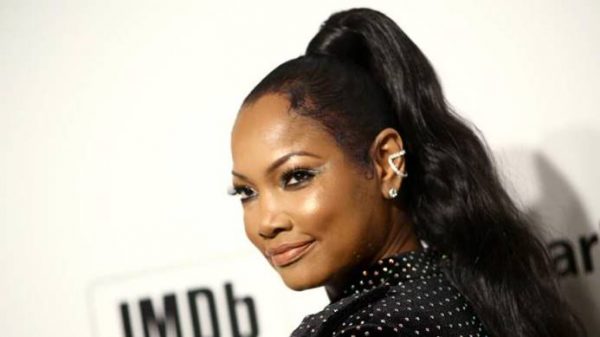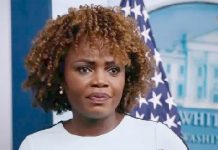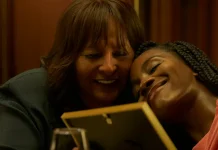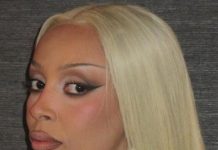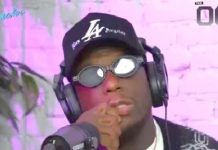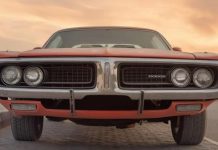*(CNN) — If there’s one thing French Montana wants you to know, it’s this: his new documentary film is not really about the multi-platinum, record-breaking hits, or the highs and lows of making it in the music industry. It’s about faith and family – a love story between a mother named Khadija and a son born as Karim, now known worldwide as French.
Aptly titled “For Khadija,” the 90-minute film is directed by Mandon Lovett and co-executive-produced by Sean “Diddy” Combs and Drake. It will premiere Friday at the Tribeca Film Festival in New York City, a fitting location for French’s story.
In the mid-1990s, his family moved from Morocco to America. Mother, father, and two young sons ended up in New York’s South Bronx, which French calls “the museum,” where he received a real-life, real-time education in hip-hop.
The documentary is “based on the struggle,” French, 38, told CNN’s Larry Madowo during a recent interview at the rapper’s home outside Los Angeles. “It’s based on letting people know you’re going to lose more than you’re going to win. You’re going to see the hurdles, you’re going to get a lot of wounds – all the wounds – but you gotta understand the wound is where the light is shining.”
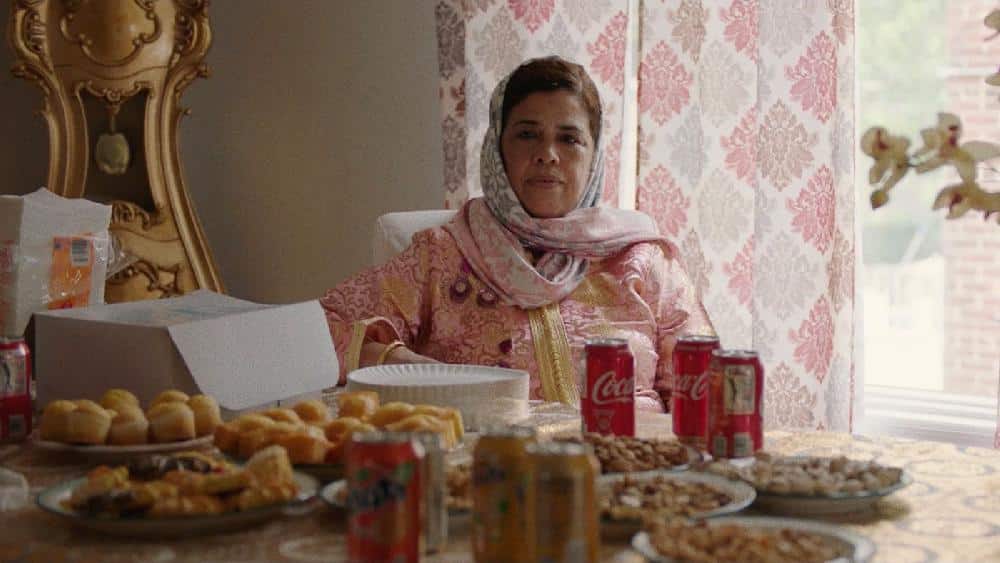
“Without papers”
Those struggles began from the very moment then-13-year-old French, his younger brother, and his parents arrived in the US, “without papers,” he said. Jobs were hard to come by, as none of the family spoke English – but they did speak Arabic and French.
Related content: Nigerian duo P-Square on their breakup, reunion, and new album in the works
“I was speaking to all the Africans that lived in my neighborhood in French,” the rapper recalled, adding that people overheard him and it became a way to identify him. “The hustlers on my block heard me. They were like, ‘Who’s this kid?’ Every time I would go to the store, somebody would be like, ‘Yo, French!’”
The nickname stuck. But life as immigrants remained difficult. French’s father wanted to return to his successful jewelry business in Morocco, but told Khadija, who just had their third child, that they should leave French behind in America. That was non-negotiable for her. French’s father left his wife and sons in the US.
“That’s sacrifices only mothers can make,” French said. “There’s nobody that’s not going to be thinking about themselves more than they’re thinking about their kids, except for a mother.”
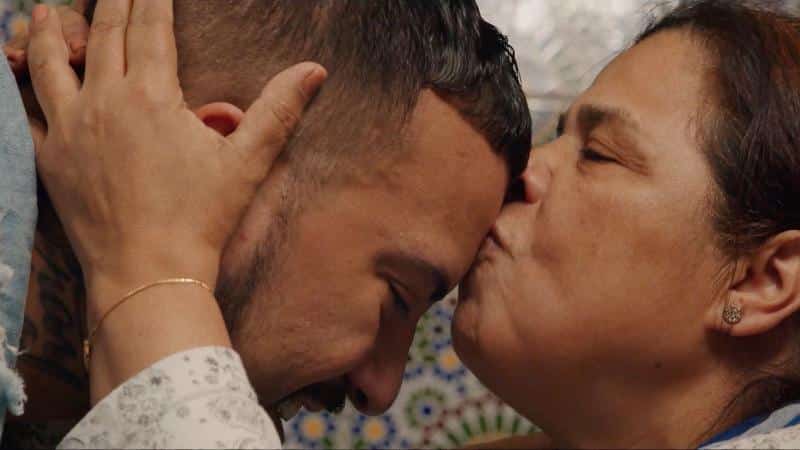
Khadija wanted her children to have the kind of opportunities, French said, that wouldn’t have been possible in the country of their birth.
“Coming from Morocco, like we have a king – you can never be a king, right,” he explained. “(But here in the US), you can become a president.”
Making history
As a way to cope with the stress, French turned to his first love: music. “I get my pen, my book, I write, I go in the booth, I express myself, song by song, writing my struggles, living my life,” he said. “And it became therapy – therapeutic to the soul. And I got good at it. And it became a release.”
Khadija fought to provide for her three sons, working multiple jobs wherever she could, but nothing came easy. In clips from the documentary trailer, French talks about dealing on the streets. “What other options you got? Hit the streets,” French says in the film. “We were all slinging whatever we gotta sling – guns, coke, music.” Eventually selling hip-hop DVDs featuring his own music, the young kid from Morocco began making a name for himself in the legendary New York rap scene.
But that success came with new dangers. French himself was shot in the back of the head in 2003 outside a recording studio, receiving treatment but leaving from the hospital not long after out of fear the assailants would target him there. “That was the breaking point,” he says in the documentary. “I gotta stop and I gotta start building my empire for my family.”
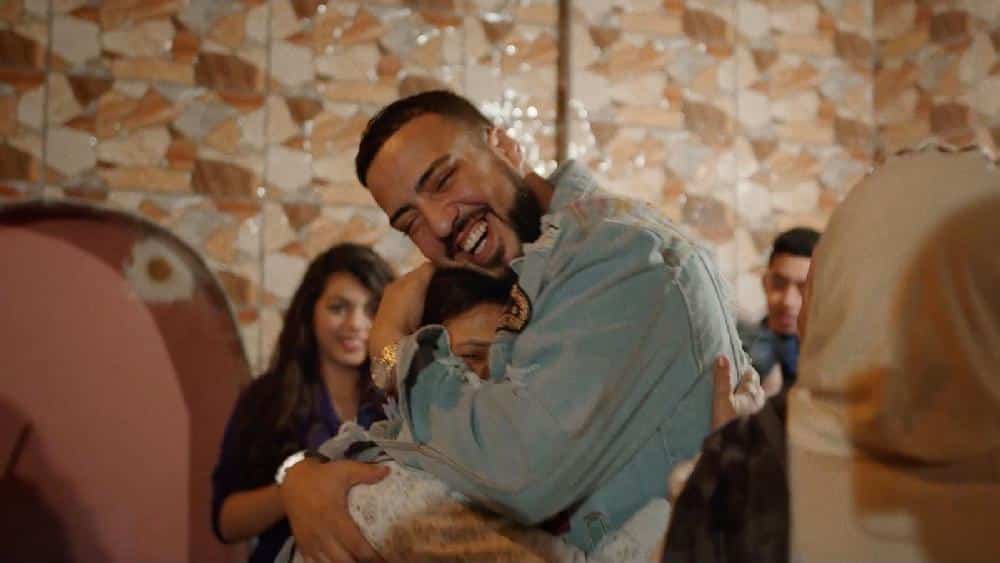
Related content: Grammy-winning Burna Boy has a complicated relationship with Africa
After several independent releases, he signed a joint deal with Bad Boy Records and Maybach Music Group in 2012. The next year, he released his first studio album, “Excuse My French.” Even with the success, hardship remained lurking around every corner. A good friend and collaborator, rapper Max B, received a 75-year prison sentence for charges related to a deadly armed robbery in 2009 (his sentence has since been reduced; he also appears in the documentary with an interview from prison). One of French’s best friends was shot and killed in 2015. And one of French’s brothers eventually got deported.
He continued turning to music as therapy. More albums, hits, and accolades would follow before French made history earlier this year, becoming the most streamed African-born artist in history.
“Moroccan flavor”
French says he had something others in the industry didn’t – “my own little Moroccan flavor,” as he describes it to CNN. “I took everything and added my own twist to it. When it came time for me to introduce my roots, I went to Uganda [to shoot the ‘Unforgettable’ music video featuring Swae Lee, and the Triplets Ghetto Kids]. I went to Morocco to shoot ‘Famous.’”
Those trips back to Africa had a big impact on the three-time Grammy-nominated artist, who was inspired to raise funds for a hospital in Kampala, the Ugandan capital. Up next is a video filmed in Nigeria – “a beautiful thing” that will debut in July, French said. But no matter where he goes, Morocco is always on his mind. “Shout to all the Moroccan artists (who) are gonna come after me,” he added. “Shout to everybody in Morocco that’s doing their thing.”
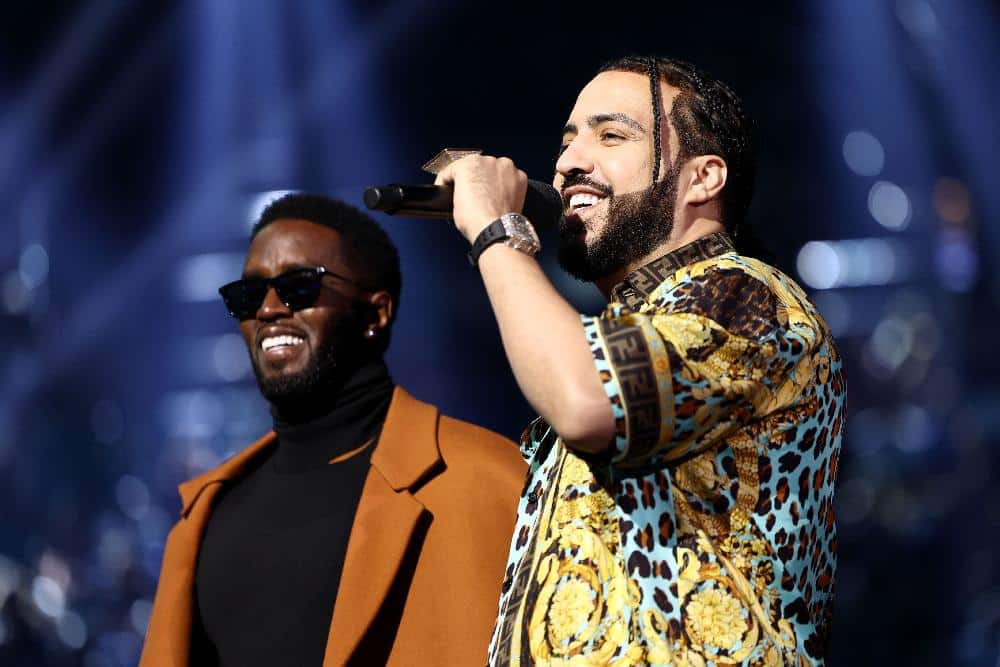
Related content: French Montana drops ‘Famous’ remix with Adam Levine for a good cause
Of all his accomplishments, French says he is most proud to have “paved the way for Africa … I showed them that anything is possible. Because if you used to ask me back then what I really wanted … I wanted my voice to be heard.”
None of this would be possible if not for his mother. That’s what’s on display in “For Khadija,” culminating with French’s mother making an emotional return to see her family in Morocco for the first time since she left in 1996.
“She’s the real hero,” French said, “and she stole the show.”
CNN’s Earl Nurse contributed reporting.
https://www.youtube.com/watch?v=OvIg41Lcp2I
For more, watch African Voices Changemakers on CNN International in July to see the full feature with French Montana.
MORE NEWS ON EURWEB: At Least 10 Shot During French Montana Video Shoot in Miami | VIDEO
The-CNN-Wire
™ & © 2023 Cable News Network, Inc., a Warner Bros. Discovery Company. All rights reserved.
We Publish News 24/7. Don’t Miss A Story. Click HERE to SUBSCRIBE to Our Newsletter Now!

